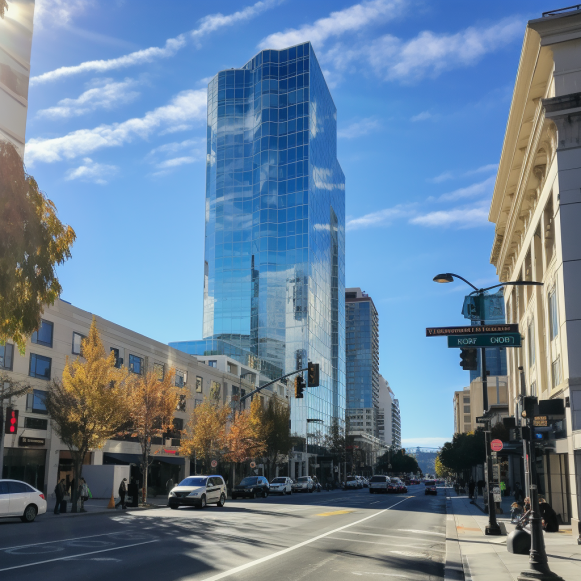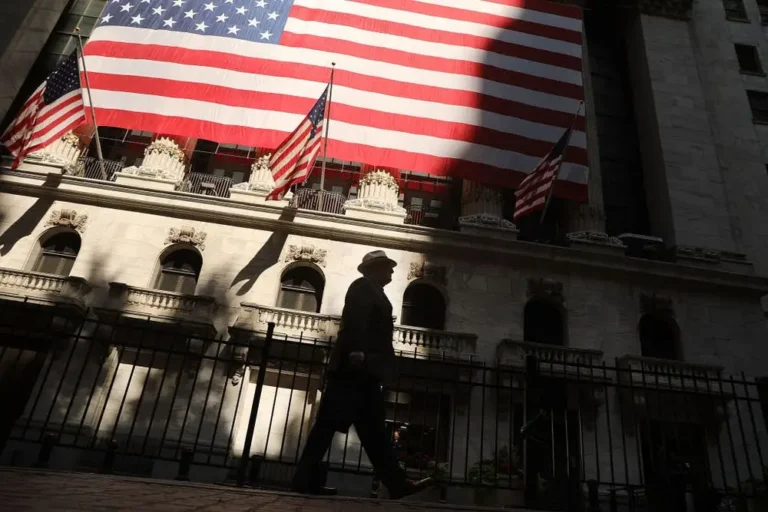San Jose hotel deal involving SJSU advances as city preps key approval

Property purchase could help spur San Jose economic activity
SAN JOSE, Calif. — A deal involving a local university for the sale of one of the towers of a downtown San Jose hotel is set to move forward now that city officials are preparing a key approval step for the transaction.
According to documents prepared for an upcoming San Jose City Council meeting, the transaction involves the southern tower of the double-highrise Signia by Hilton San Jose at 170 South Market Street.
The 805-room hotel is made up of a 541-room northern tower and a 264-room southern tower annex. According to city documents, the South Tower has been listed for sale and will be converted into student housing.
According to municipal documents, the potential transaction could result in the south tower being purchased by a real estate firm, which would then lease the highrise to San Jose State University.
According to the City Council agenda materials, SJSU would then make the tower available for student housing. San Jose State University is just a few blocks away from the southern tower.
According to a city staff memo prepared for an Oct. 17 council meeting, “the Board of Trustees of the California State University, on behalf of San Jose State University, is currently contemplating a transaction in which it would lease the South Tower Property from AG170 LLC, with the option to purchase the property in the future.”
SC SJ Holdings, an LLC led by Bay Area business executive Sam Hirbod and his company, San Ramon-based Eagle Canyon Capital, currently owns the hotel. Hirbod’s group paid $223.5 million for the double-tower hotel in 2018.
San Jose State University officials refused to discuss any details of the property transaction outlined in city documents.
SJSU’s vice president for administration and finance, Charlie Faas, said the university is keeping an eye on a real estate-related item on the City Council’s Oct. 17 agenda involving a privately owned property in downtown San Jose.
“Our real estate planning team has been exploring workable opportunities to deliver more affordable student housing as quickly as possible,” Faas stated in a text message to this news organization.
The university stated that no transactions involving downtown properties that may have an impact on SJSU have yet to be completed.
“While any such agreements or deals of ours are not final, it is possible that we may be impacted by any of the Council’s decisions should we move further along with our endeavors to grow our housing stock and footprint downtown,” Faas said in a statement.
San Jose staffers have asked the City Council to approve a number of actions. Among them: agreeing to sell the southern tower from the Hirbod entity to a Mill Valley-based buyer; and agreeing to divide the hotel property into two parcels, one with the north tower and one with the south tower.
According to California business documents, the potential buyer is an LLC affiliated with Mill Valley-based Throckmorton Partners, a real estate firm that focuses on investments in multifamily residential such as apartments. These include student housing, low-income housing, and market-rate housing.
“This is a great bellwether for downtown San Jose, post-COVID,” said Bob Staedler, principal executive at Silicon Valley Synergy, a land-use consultancy.
According to Staedler, if the deal is completed as planned, the outcome will benefit the downtown, the university, and the hotel.
“This could be a win-win situation,” Staedler said. “It will revitalize that part of downtown San Jose, increase vibrancy, and attract more people to live downtown.” This could encourage more SJSU students to walk to campus, which is a goal of Climate Smart San Jose. The hotel’s vacancy will be lower with fewer rooms.”
Following the coronavirus, government-mandated business lockdowns drove employees out of their offices and guests out of their hotel rooms.
Even after the closures were lifted, countless downtown districts, particularly in large cities like San Jose, Oakland, and San Francisco, have struggled to entice workers, shoppers, and hotel guests back to the devastated urban cores.
San Francisco’s economic woes are particularly acute, as the city has struggled to attract visitors and has seen an exodus of retailers and office tenants, triggering an economic “doom loop.”
In the case of this potential transaction involving the hotel tower and SJSU, the deal has the potential to strengthen the university’s already strong role as an economic pillar in downtown San Jose.
“San Jose State is an anchor of downtown’s recovery,” said Staedler. “Having more students downtown and having more educational uses downtown can help with that.”






